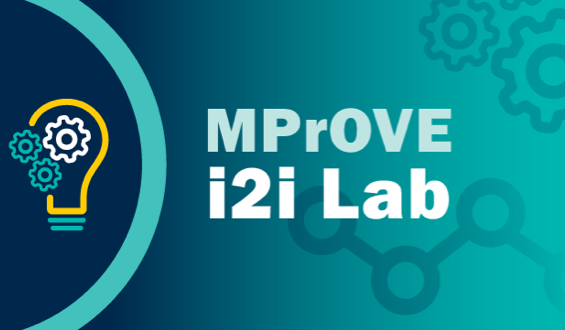
National Poll on Healthy Aging
Our National Poll on Healthy Aging (NPHA), launched in early 2017 with co-sponsorship by AARP, has evolved into a nimble instrument to gather and interpret time-sensitive data from a nationally representative sample of adults aged 50-80. The poll team has produced 36 reports, with widely cited findings used to inform critical policy and public interest questions on topics such as dental and health insurance coverage, sexual health, and prescription drug costs. The NPHA has uncovered important insights from older adults directly relevant to the COVID-19 pandemic, including willingness to receive COVID-19 vaccines, use of electronic health portals that have often been essential for making vaccination appointments, telehealth use, and feelings of loneliness and isolation before and during the pandemic. NPHA findings on older adults’ general “unpreparedness” for emergency situations, released just as Hurricane Dorian tore through the Bahamas and made its way up the southeastern U.S. coast in September 2019, helped promote readiness resources and drew widespread attention to the health impacts of weather and climate-related disasters on older adults. The NPHA team has made its survey data publicly available for anyone to download and use.





